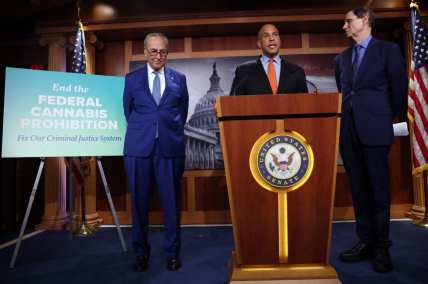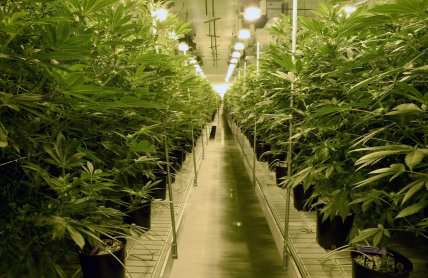Marijuana legalization is our chance at real police reform
OPINION: Legalizing marijuana will put an end to one of the most pernicious justifications for the continued harassment, arrest, incarceration and death of POC in police custody
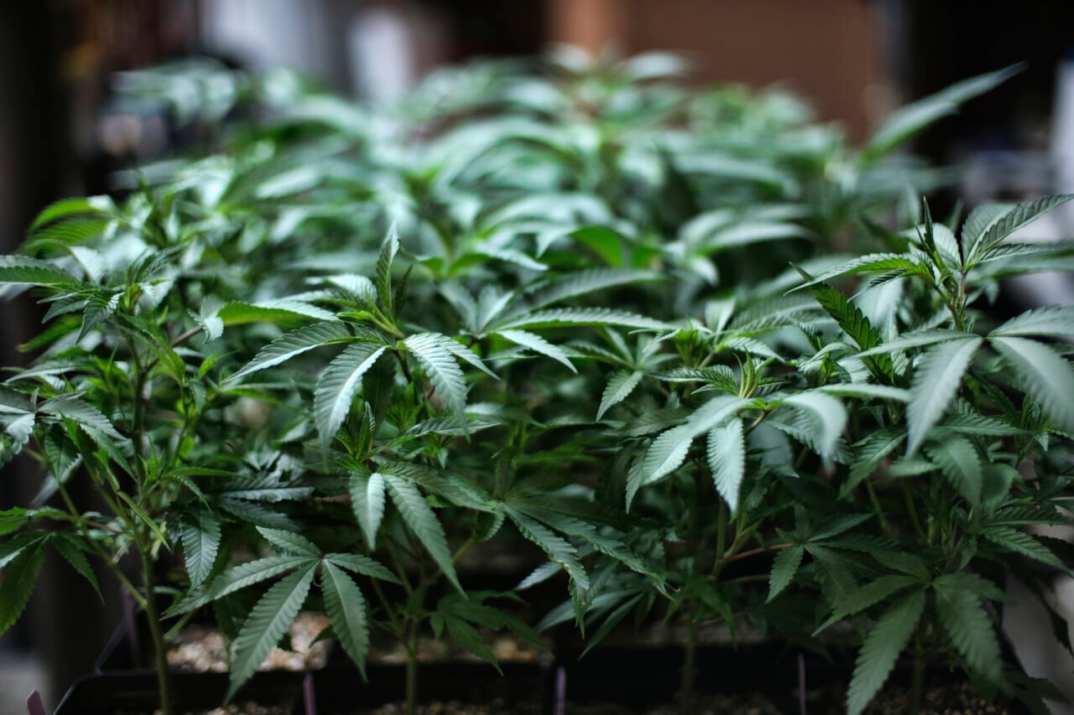
On March 14, 2021, Marvin Scott III was arrested at a Texas mall for possessing less than two ounces of marijuana and taken into custody. Just a few hours later, Marvin was dead, leaving his family and community reeling.
Scott suffered from schizophrenia and used marijuana to supplement his medication and decrease its side effects. Over the years, he’d had multiple interactions with the police in moments of mental distress. Each time, Scott was taken to a mental health center, given his medication, and released. Instead of bringing him to the mental health center this time, police transferred Marvin to the Collin County Jail.
According to the family, while in booking, a group of officers violently restrained him. He suffered for hours, experiencing a “whole day of torture.” They sprayed him with pepper spray, forced him into a spit hood, and tied him to a restraint bed. Scott became unresponsive and was taken to the hospital, where he was pronounced dead.
Scott was a kind and loving person, who his sister, LaChay Batts, described as a “gentle giant who would do anything for anybody.” He had no criminal record. His only “crime” was carrying the marijuana that he used to manage schizophrenia.
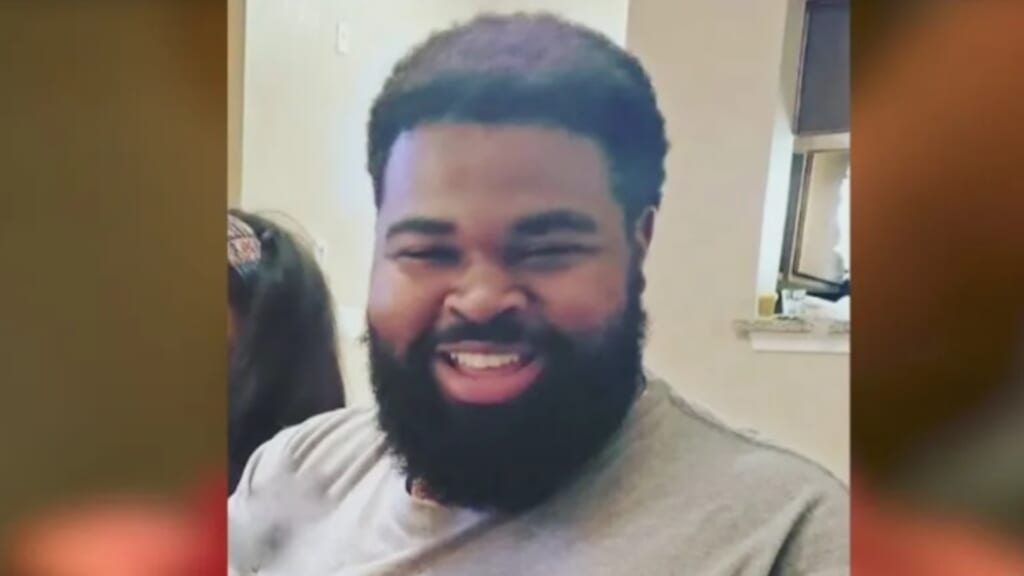
Scott’s death is heart-wrenching, one in a seemingly unending stream of stories where marijuana consumption is used as a justification for police violence. As a community, it feels as if we are continuously mourning the loss of life. Like Philando Castile, killed in 2016 by an officer who rationalized the shooting by saying the smell of marijuana made him fear for his life.
Or, Ramarley Graham, killed in 2012 when an officer felt that his flushing marijuana down a toilet justified shooting the teenager. Or, more recently, Breonna Taylor and George Floyd. These painful losses are all rooted in the nation’s drug policies and the resulting criminalization of our communities that have caused catastrophic harm.
Last year’s global Black Lives Matter protests sparked national outcry and calls for police reform. Congressional policing bills have stalled, but the most powerful and immediate impact could come with federal cannabis legalization, eliminating the primary pretext for hundreds of thousands of police interactions in our communities.
Our nation’s drug laws have long been weaponized against Black and brown people, starting with marijuana prohibition in the 1930s and through the Nixon administration’s declared War on Drugs. In 2016, one of President Richard Nixon’s former advisors went on record to declare that the War on Drugs was a “political tool to fight Blacks and hippies.”

Black and brown communities are on the losing side of this winless war and our casualties continue to pile up. In 2019, nearly 40% of the 1,558,862 drug arrests involved marijuana. Despite similar usage rates across racial groups, the ACLU reports that Black people are almost four times more likely to be arrested for possession than white people.
Disparities exist in every state even those with relatively small Black populations. In states like Montana and Kentucky, Black people are almost 10 times more likely to face arrest. While legalization alone will not reform the whole system, it could dramatically decrease police violence just by reducing the number of encounters with cops.
It would also eliminate tax dollars used to harm and incarcerate people, freeing up those funds for reinvestment in the Black and brown communities destabilized by decades of over-policing, criminalization, and the collateral consequences of cannabis prohibition.
Research puts the cost of enforcing cannabis prohibition at $3.6 billion a year. Legalizing marijuana, which has broad support from most Americans, would allow our country to reimagine policing without the partisan finger-pointing that has hindered progress at the federal level.
For the victims and the families that have suffered the awful pain of burying a loved one who died at the hands of the police and the millions of Black, Latino and indigenous people harmed by drug policies and their collateral consequences, now is the time to end cannabis prohibition.
Legalizing marijuana will finally put an end to one of the most pernicious justifications for the continued harassment, arrest, incarceration, and far too often, death of Black and brown people in police custody. The reform we seek can begin with a bipartisan solution that the entire nation can get behind.
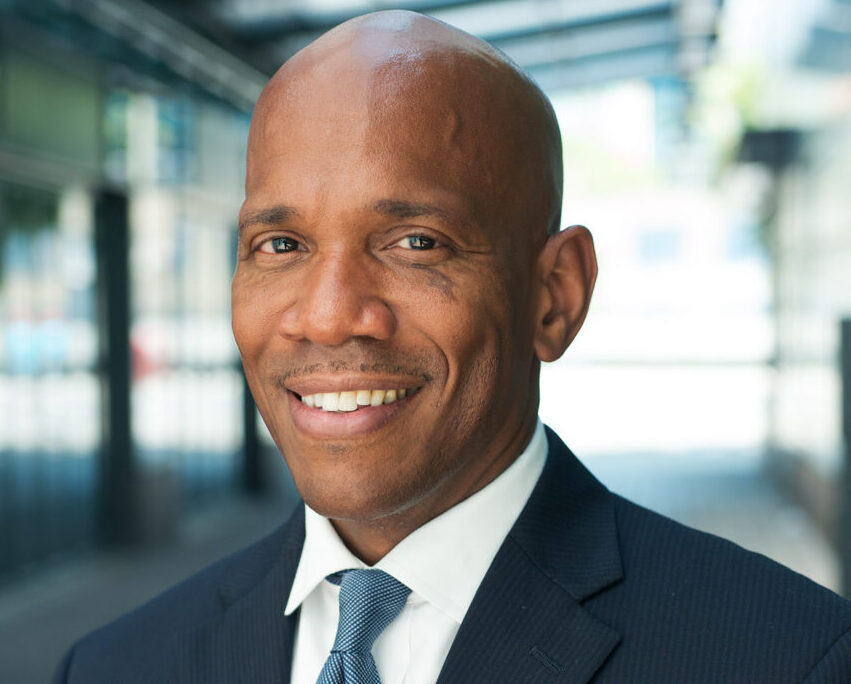
Steven Hawkins is the Executive Director, MPP and Interim President of the United States Cannabis Council.
Have you subscribed to theGrio’s new podcast “Dear Culture”? Download our newest episodes now!
TheGrio is now on Apple TV, Amazon Fire, and Roku. Download theGrio today!
